Energy-Boosting Eats to Kick Chronic Fatigue Syndrome to the Curb
Imagine feeling utterly drained, day in and day out, a crushing exhaustion that no amount of sleep can conquer. This isn't just being "tired"; this is the relentless grip of Chronic Fatigue Syndrome (CFS), a bewildering condition where profound fatigue is just the tip of the iceberg. Its origins remain a perplexing puzzle, with theories ranging from hormonal chaos and viral aftermaths to relentless physiological stress and dietary imbalances. Beyond the bone-deep weariness, CFS often brings a constellation of debilitating symptoms: a foggy memory, disrupted sleep cycles, unexplained muscle aches, and persistent headaches. While there's no single cure, mounting evidence suggests that our plates hold surprising power. We've significantly expanded our exploration, uncovering 21 remarkable foods that could be your secret weapon, offering a path to gently reclaim your energy and clarity. Dive in to discover these powerful dietary allies.
1. Flaxseed Oil
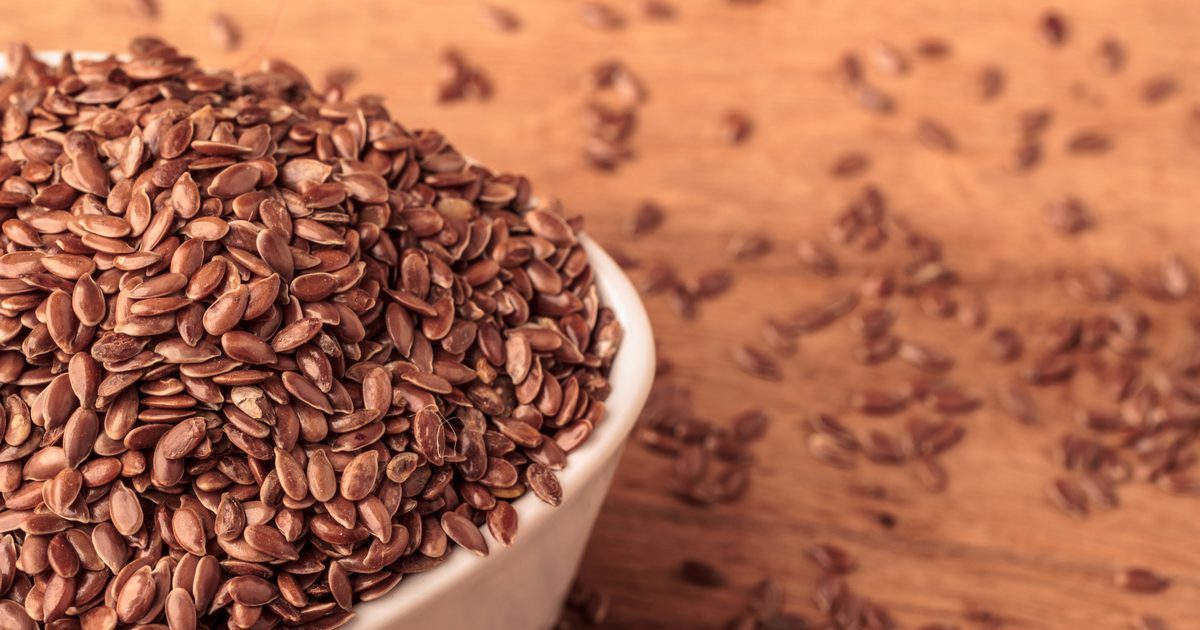
Flaxseeds are high in omega-3 fatty acids, which are needed to improve blood circulation and improve cognitive function. Chronic fatigue syndrome is often associated with depression and lack of concentration. Omega-3 fatty acids help with concentration and mood. Individuals can swap out vegetable oil for flaxseed oil during home cooking. Flaxseed meal can also be added to smoothies or oatmeal. Individuals can also make a salad dressing with flaxseed oil or sprinkle some flaxseeds on a salad with lots of vegetables.
2. Blueberries
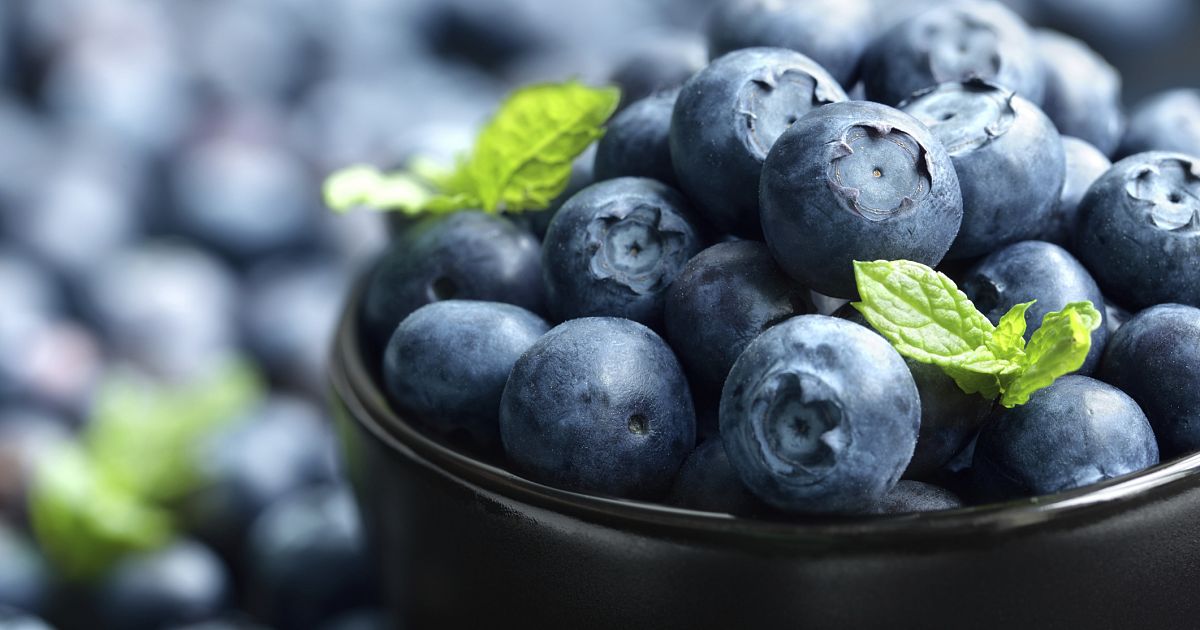
Blueberries are high in vitamin C, a free-radical or toxin-fighting antioxidant that detoxes the body. They also contain special antioxidants called anthocyanins that are unique to berries. Anthocyanins have protective and healing properties to get over the hump of exhaustion many patients feel with chronic fatigue syndrome. Blueberries are great replacements for most forms of sugar in foods. Individuals can reap the benefits by adding a few to morning oatmeal or munching on fresh blueberries and almonds for an afternoon snack that will not cause a blood sugar crash.
3. Kale
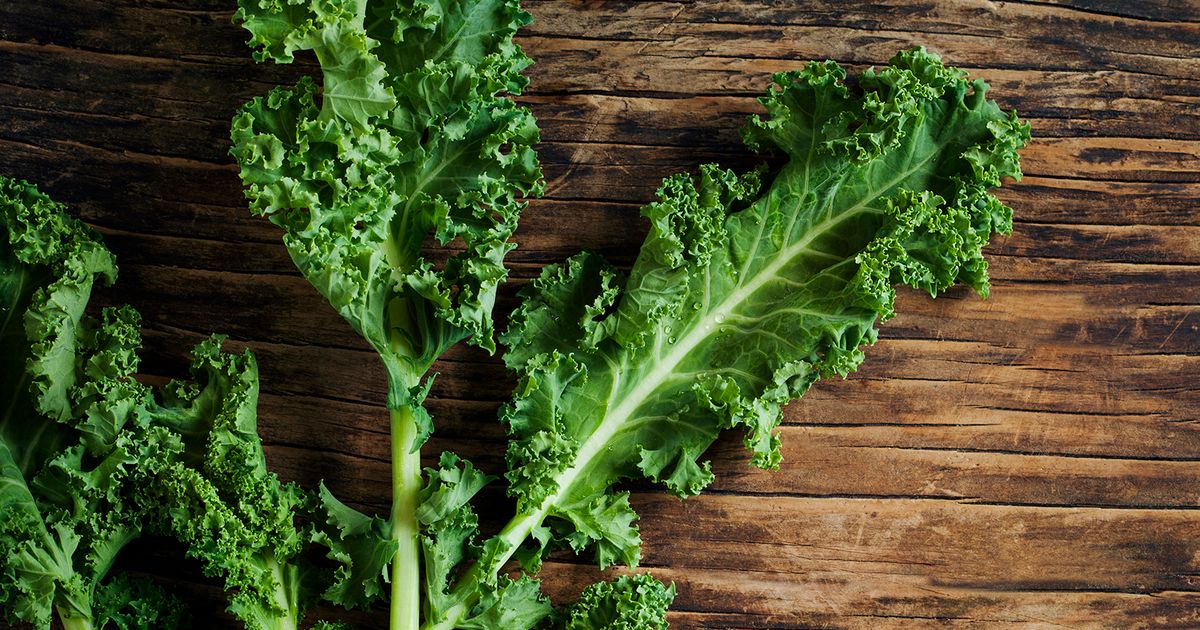
Chronic fatigue syndrome may be exaggerated by a lack of quality nutrients in the diet. Kale is a well-known superfood, meaning it has more nutrients than most foods. It provides the antioxidants quercetin and kaempferol, vitamins A, C, and K, folate, and even omega-3 fatty acids. The antioxidants in kale aid in lowering blood pressure and preventing cancer and viral infections. Kale can also be used as an anti-depressant. Add some raw kale to a fruit smoothie made with almond milk, a banana, and some strawberries. For an added energy boost, try kale and quinoa salad.
4. Quinoa
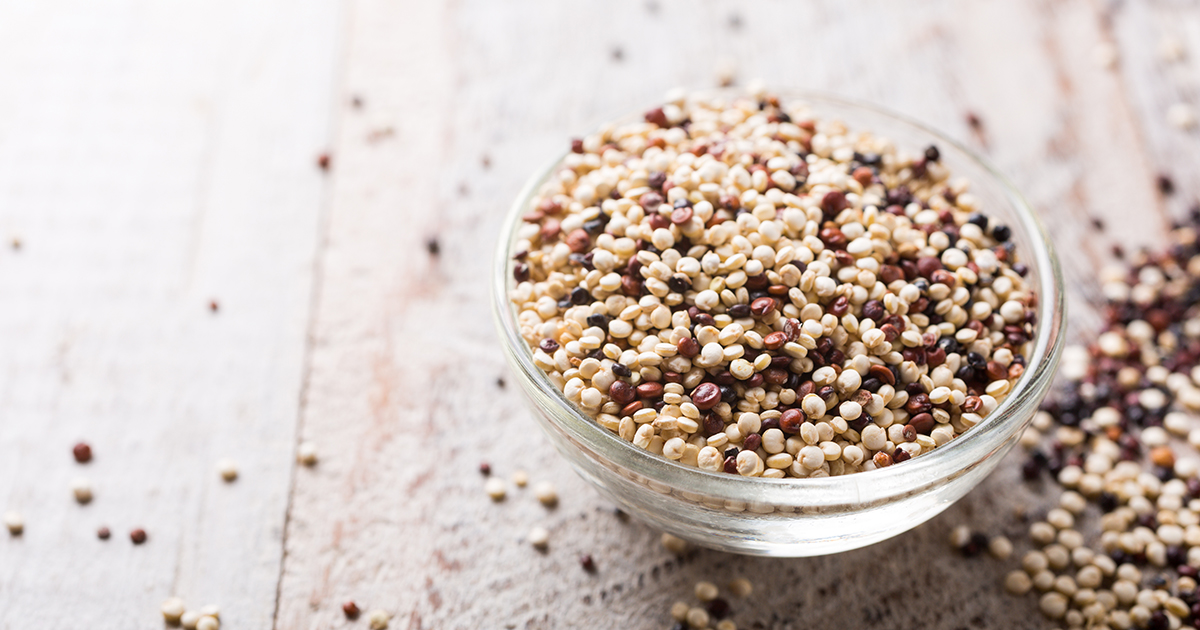
Whole grains such as quinoa and brown rice are starchy carbohydrates needed to give the body long-lasting energy. It is best to avoid refined and overly processed grains, so individuals should avoid store-bought granola bars and other grain dishes. Making grains at home can help control what goes in them. Prepare brown rice or quinoa with steamed vegetables for an added boost of antioxidants that will not be overly taxing on the digestive system, which can cause fatigue. Oatmeal is a great breakfast option. Pair it with no-sugar-added peanut butter and fruit.
5. Salmon

Salmon is a great source of protein and omega-3 fatty acids. Protein is needed for repairing sore muscles as well as for concentration, and as stated above, omega 3 fatty acids improve circulation. Proper circulation is important in chronic fatigue syndrome as blood carries oxygen and nutrients throughout the body. Exhaustion may be a result of improper blood flow. Try pairing a wild caught piece of salmon with steamed asparagus and a side of brown rice for an energy-packed meal.
6. Chickpeas
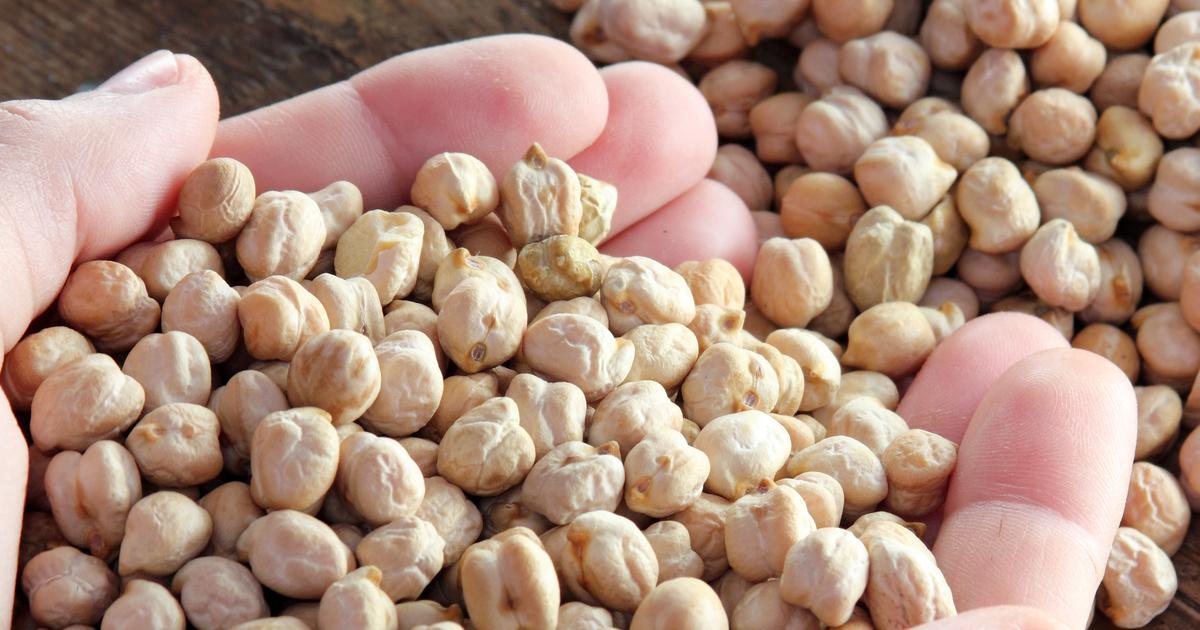
Chronic fatigue syndrome may be caused by an underlying disorder such as an undiagnosed disease. Legumes such as chickpeas are high in polyphenols, or plant nutrients with disease-fighting properties. Polyphenols may protect against heart disease and high blood pressure. Chickpeas are also high in fiber, protein, manganese, and folate. B vitamins are needed to metabolize carbohydrates into energy used by the body. Dipping raw carrots and cucumbers into hummus is a great way to eat chickpeas. They can also be made into a bean salad when paired with black beans and tossed in an olive oil and lemon dressing. Toss chickpeas in olive oil and bake them in the oven for a crunchy treat to replace fries or other unhealthy snacks.
7. Eggs

Methylation is an important process that occurs in the body not many individuals are aware of. To keep explanations simple, this process involves the body taking nutrients and transforming them into usable fuel for the body. Certain things are needed for this process to occur smoothly, and a lack of any of them can lead to symptoms of chronic fatigue syndrome. One of these nutrients, which over forty percent of Americans are deficient in, is vitamin B12. Vitamin B12 is a nutrient found primarily in animal food products, making vegans much more likely to suffer from chronic fatigue syndrome. While there are multiple foods that can help individuals get this nutrient, a real powerhouse is eggs. Cheap, nourishing, and tasty, eggs will really help individuals get back on their feet. As a bonus, they can be prepared in a wide variety of ways, which will help keep individuals from getting sick of them.
8. Broccoli
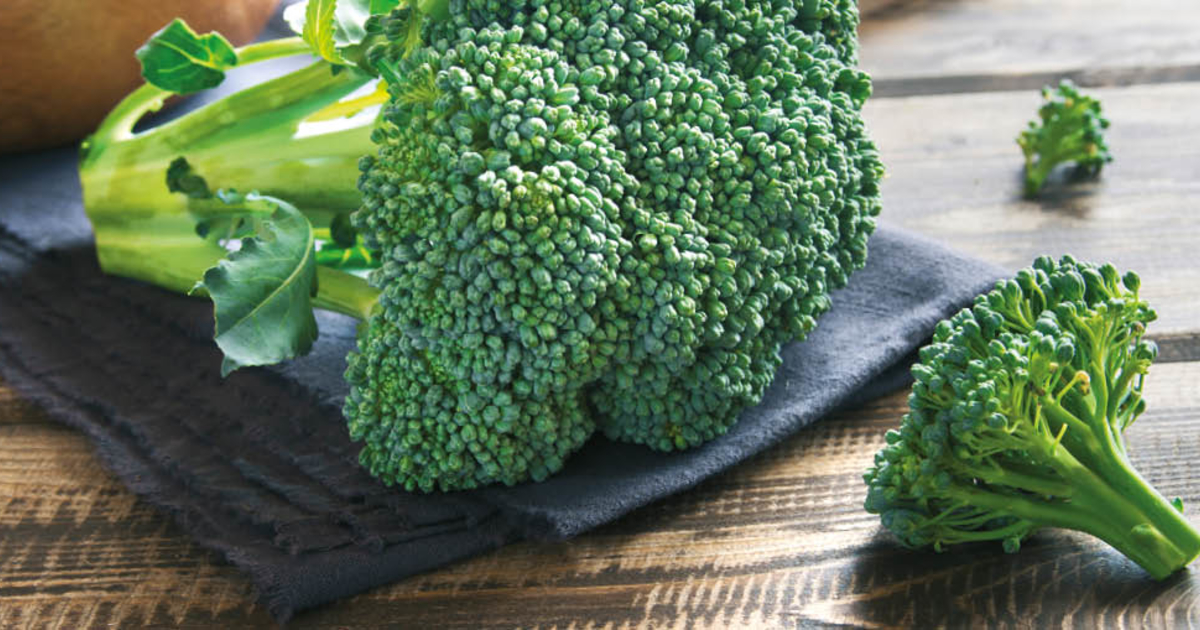
While many individuals think of only things like spinach and romaine lettuce, when leafy greens are brought up, broccoli, a popular vegetable added to stir-fries and other delicious dishes, is a leafy green as well. It's packed with vitamins and minerals, from fiber to vitamins A, K, and E. Getting plenty of vitamins and nutrients can help chronic fatigue syndrome, but one particularly important mineral is folate. This leafy green is high in folate and can help individuals get enough to meet their body's needs. Folate helps create more red blood cells, which in turn carry oxygen throughout the body, thus increasing an individual's energy levels on a daily basis. Eaten raw, steamed, or as part of a delicious stirfry, broccoli is a great food to include in one's diet.
9. Water

Remaining hydrated is important for all individuals, but especially so for those who suffer from chronic fatigue syndrome. Not getting enough water can even mimic symptoms of the disease, creating a doubling effect that leaves individuals unable to do anything but sleep. Dehydration can lead to lower blood volume, low blood pressure, and fatigue. On the flip side, getting the right amount of water can help the body run smoothly. It will help transport nutrients quickly, keeping an individual's energy levels stable. Patients won't feel like they've been hit by a truck all the time. They should drink a few cups upon waking and keep a water bottle beside them throughout the day. This will make it easier to sip on throughout the day and maintain hydration.
10. Kombucha

Not many studies have been done on chronic fatigue syndrome, leaving the disease as kind of a mystery. For many individuals, it can be hard to know exactly what's causing their symptoms. But, a study has shown there may be a connection between gut bacteria and chronic fatigue. Basically, it's very important to build up the good bacteria that reside in the gut and eliminate the bad, because these bacteria influence the health of an individual's entire body. An easy way to achieve this is by eating fermented foods like kombucha, a tart but sweet drink that has become popular in recent years. By consuming this, individuals can help raise the bacteria in their gut, and can even use it as a replacement for tea or coffee since studies show too much caffeine can actually make chronic fatigue symptoms worse. This tart treat may be the beginning of a cure for all the tiredness, pain, and confusion associated with chronic fatigue syndrome.
11. Avocado: The Healthy Fat for Sustained Power
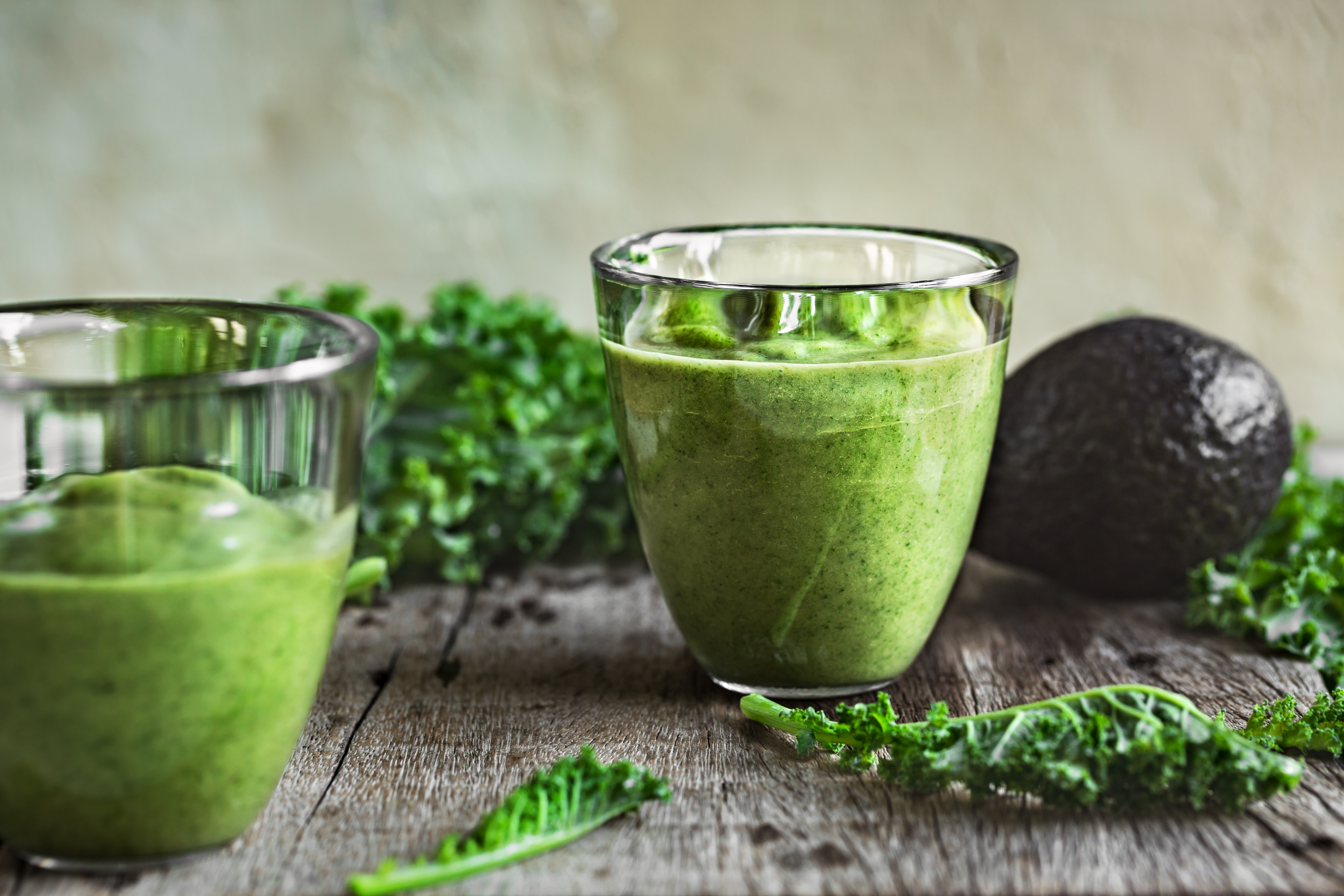
Beyond its creamy texture, **avocado** is a powerhouse for sustained energy, vital for combating the energy dips of Chronic Fatigue Syndrome. It's rich in monounsaturated fats, particularly oleic acid, which provides a steady and efficient fuel source for cells, including brain cells. Unlike quick-burning carbs, these healthy fats help stabilize blood sugar, preventing the crashes that exacerbate fatigue. Avocados also offer a good dose of potassium, crucial for electrolyte balance and muscle function, and B vitamins that aid in energy metabolism. Incorporating avocado into salads, toasts, or smoothies can offer a consistent, gentle energy release.
12. Sweet Potatoes: Complex Carbs for Gentle Energy

While refined carbohydrates can cause energy spikes and crashes, **sweet potatoes** offer a complex, slow-release carbohydrate source perfect for managing CFS. Their high fiber content ensures a gradual absorption of sugars into the bloodstream, providing sustained energy without the drastic insulin responses that leave you feeling drained. Sweet potatoes are also packed with Vitamin A (beta-carotene) for immune support, and Vitamin C, both powerful antioxidants. Their natural sweetness makes them versatile, offering a comforting and nourishing energy boost without the hidden pitfalls of processed foods.
13. Ginger: The Anti-Inflammatory Energizer
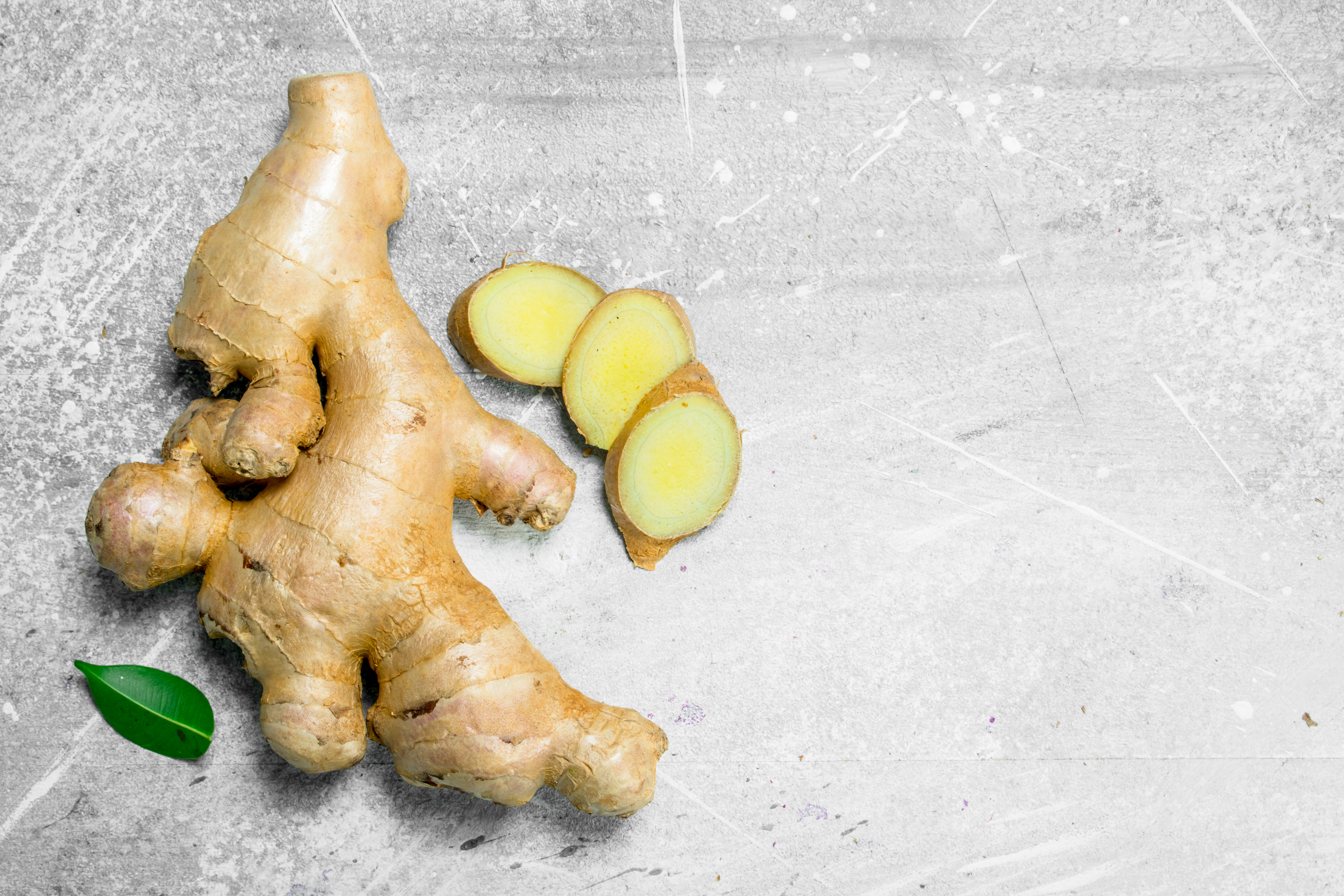
Often recognized for soothing upset stomachs, **ginger** holds significant promise for Chronic Fatigue Syndrome sufferers due to its potent anti-inflammatory properties. CFS is often linked to systemic inflammation, which can drain energy and contribute to widespread pain. Gingerols, the active compounds in ginger, are powerful antioxidants that can help reduce inflammation throughout the body, including in muscles and joints, potentially alleviating some of the unexplained aches associated with CFS. Incorporating fresh ginger into teas, stir-fries, or smoothies can offer a warm, invigorating boost and subtle pain relief.
14. Spinach: Iron, Magnesium, and Mitochondrial Support
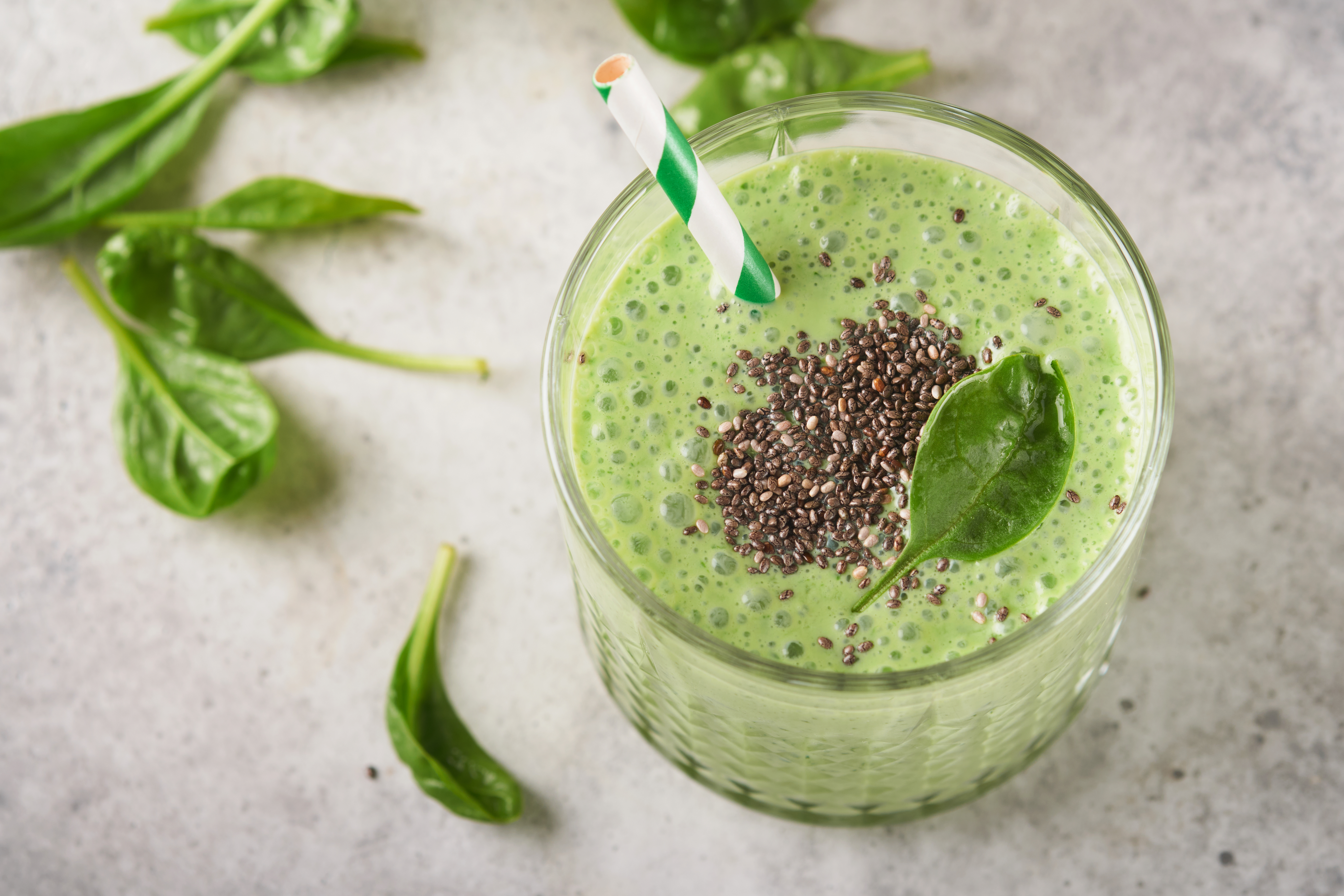
Often hailed as a superfood, **spinach** offers a critical nutrient profile for fighting fatigue. It's an excellent source of iron, essential for red blood cell production and oxygen transport, a common deficiency that can mimic CFS symptoms. More uniquely, spinach is rich in magnesium, a mineral vital for over 300 biochemical reactions, including energy production (ATP synthesis) within the mitochondria – the "powerhouses" of your cells. Adequate magnesium can significantly improve energy levels, reduce muscle cramps, and support better sleep, all crucial for managing CFS.
15. Brazil Nuts: The Selenium Powerhouse
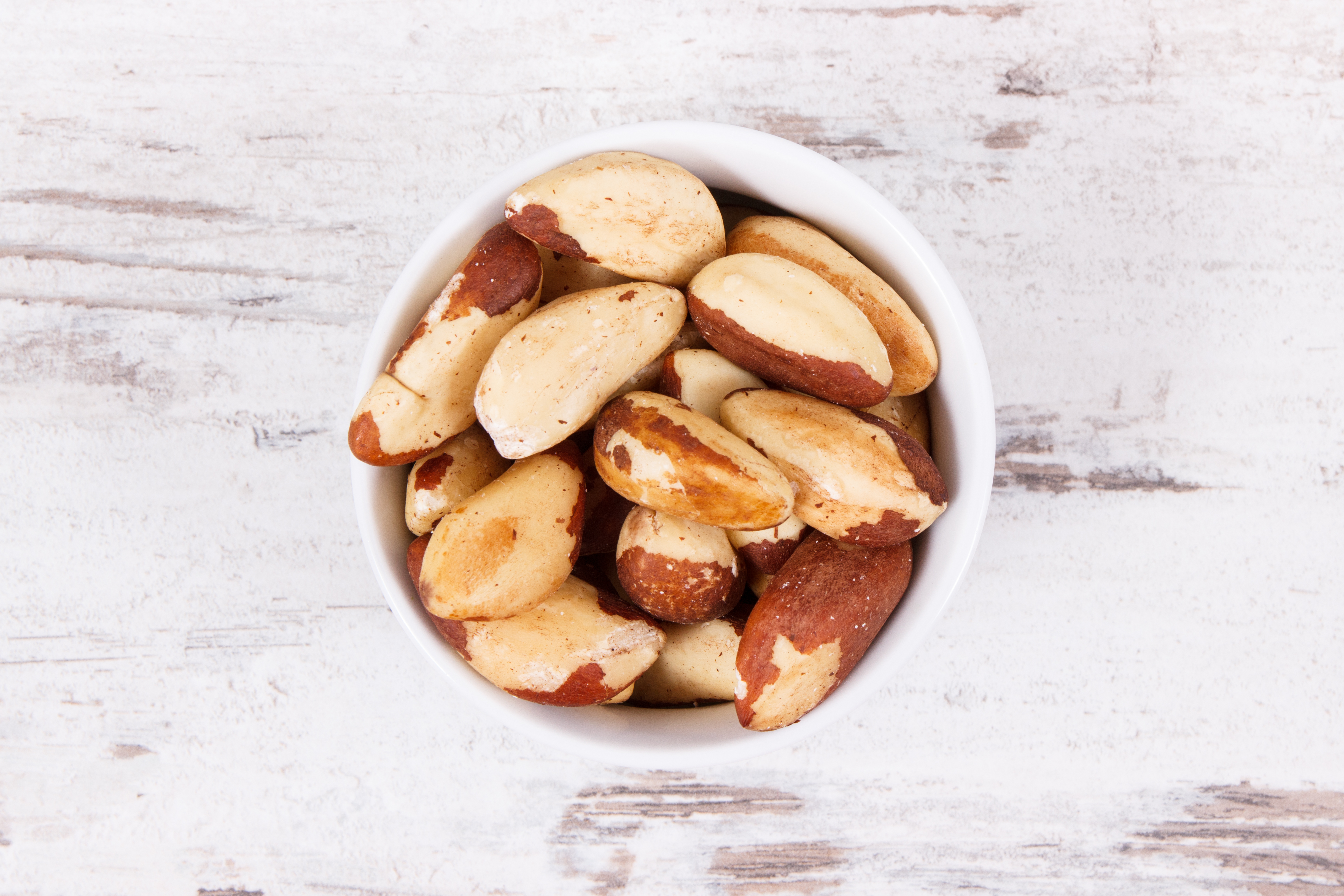
Often overlooked, **Brazil nuts** are an incredibly potent source of selenium, a trace mineral with profound implications for energy and well-being. Selenium is critical for proper thyroid function, and an underactive thyroid can directly contribute to CFS-like fatigue and brain fog. Just one or two Brazil nuts a day can provide your recommended daily allowance of selenium, supporting thyroid hormone conversion and overall metabolic efficiency. They also contain healthy fats and some protein, offering a holistic boost to energy pathways that might be struggling in CFS.
16. Hemp Seeds: Balanced Omegas and Complete Protein
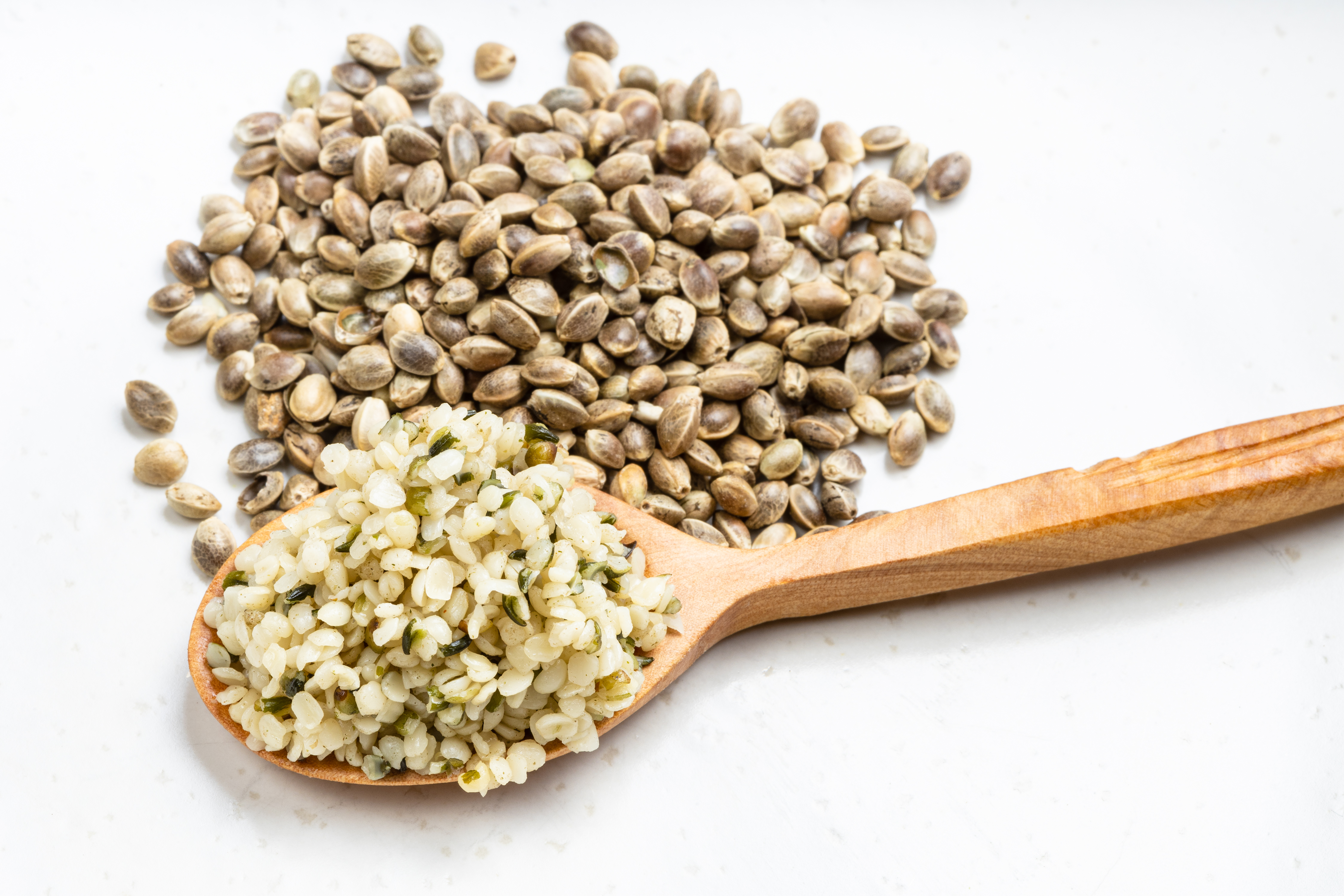
**Hemp seeds** are a nutritional marvel, offering a uniquely balanced ratio of omega-3 and omega-6 fatty acids, crucial for reducing inflammation often associated with CFS. Unlike some other seed oils, hemp seeds provide these essential fats in an optimal proportion. They are also a complete protein, meaning they contain all nine essential amino acids, vital for muscle repair, neurotransmitter production, and sustained energy without relying on animal sources. Easy to sprinkle on salads, yogurt, or blend into smoothies, they offer comprehensive cellular support.
17. Cacao (Raw): Magnesium and Mood Elevation

Forget sugary chocolate bars; **raw cacao powder** is a potent source of magnesium, iron, and powerful antioxidants, all crucial for energy and mood regulation. Magnesium deficiency is common in CFS and directly impacts ATP production (cellular energy). Cacao also contains compounds like phenylethylamine (PEA) and anandamide, which can subtly elevate mood and focus, counteracting the depression and brain fog often experienced. Incorporating raw cacao into smoothies, oatmeal, or homemade energy balls can provide a rich, energizing, and mood-boosting treat.
18. Chia Seeds: Sustained Hydration and Fiber Fuel
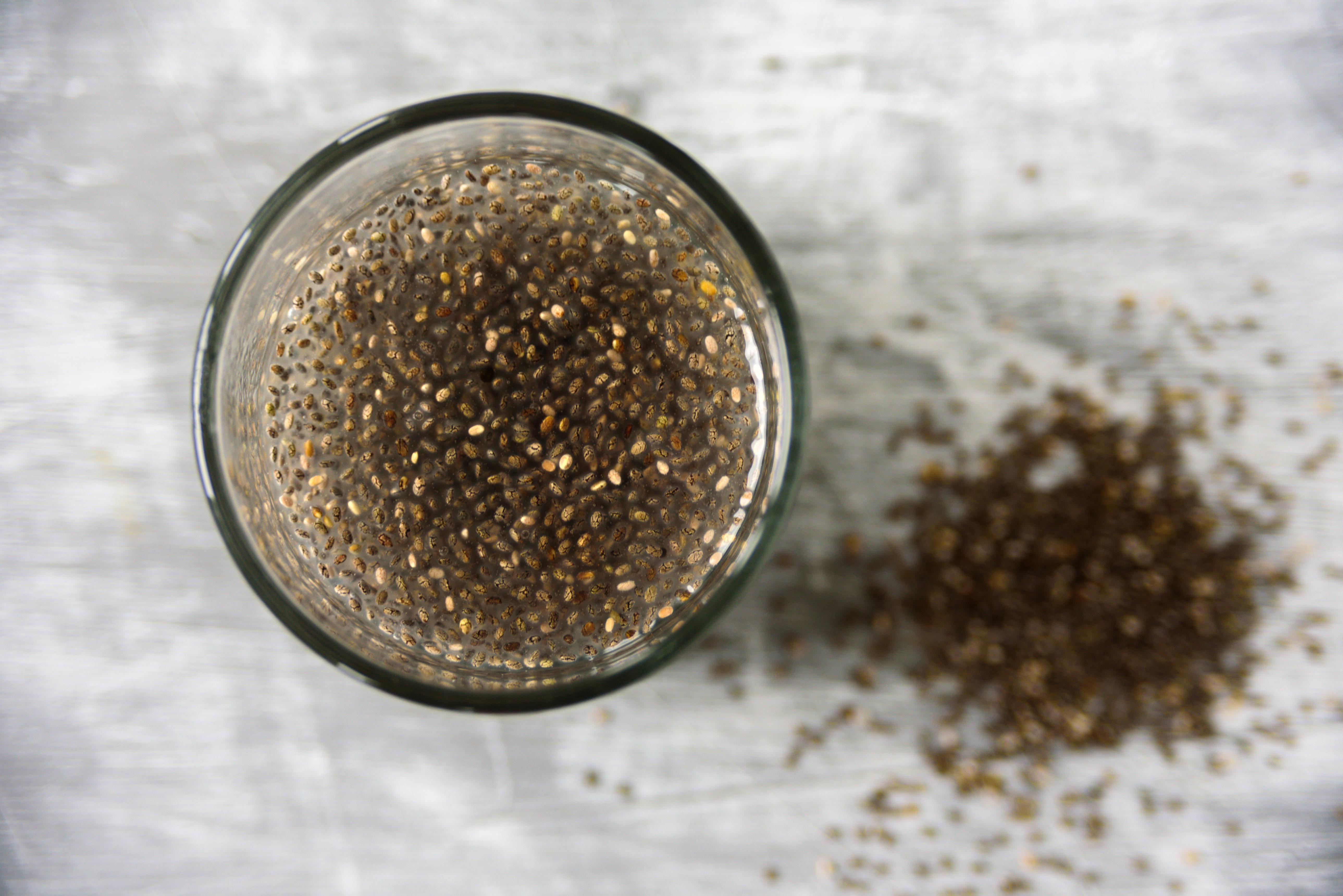
**Chia seeds** are remarkable for their ability to absorb up to 12 times their weight in water, forming a gel that provides sustained hydration and a slow release of energy. For CFS sufferers, maintaining optimal hydration and stable blood sugar is critical. These seeds are also packed with fiber, promoting healthy digestion and nutrient absorption, and offering a good source of omega-3s, protein, and minerals like magnesium. Adding chia seeds to drinks, puddings, or oatmeal creates a sustained energy release that combats the common "hitting the wall" sensation.
19. Nutritional Yeast: The B-Vitamin Bomb
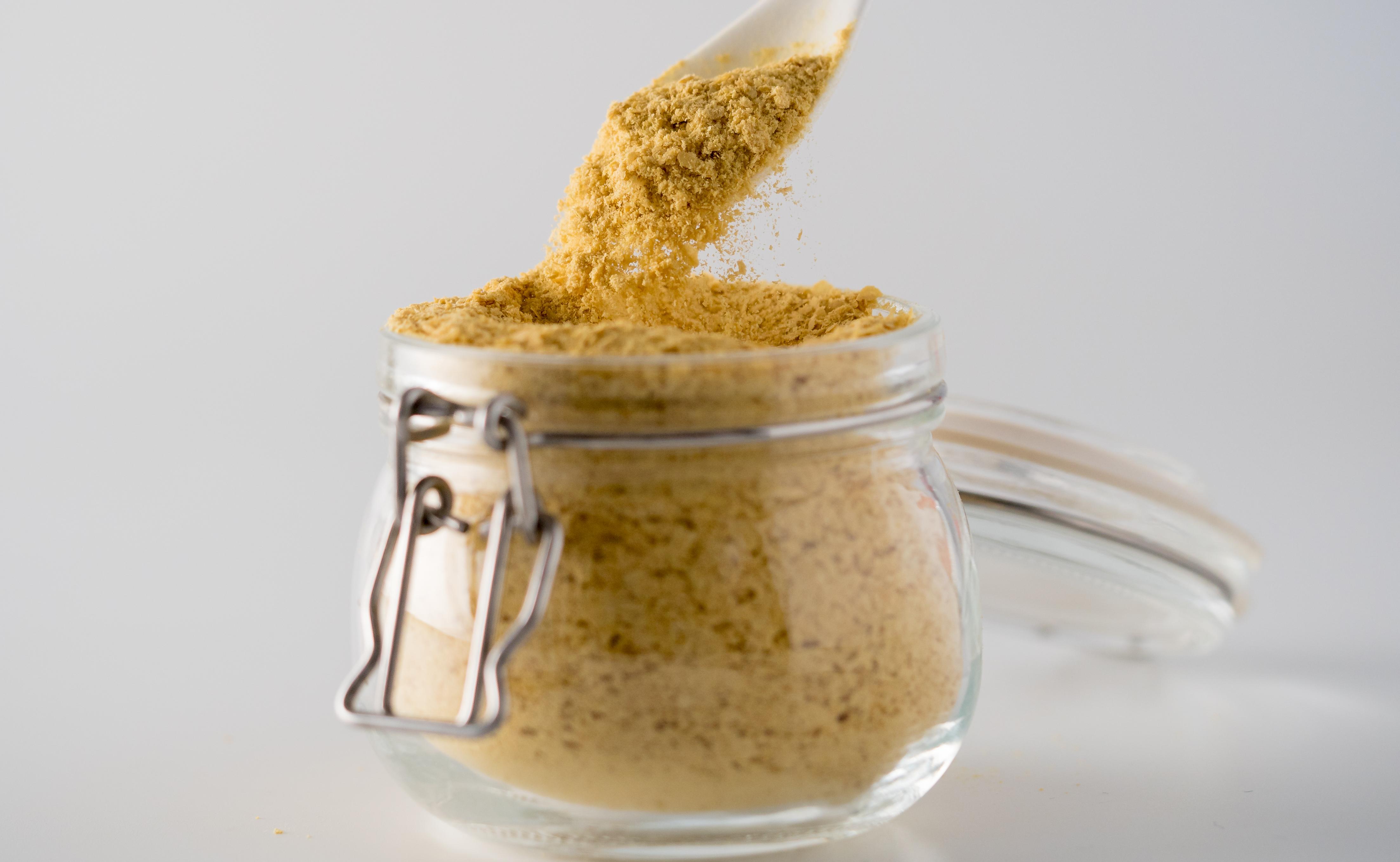
Often found in health food stores, **nutritional yeast** is a culinary powerhouse, especially for its incredibly high B-vitamin content. B vitamins (including B1, B2, B3, B6, B9-folate, and B12) are absolutely essential for converting food into usable energy at a cellular level. Deficiencies in these vitamins can directly manifest as profound fatigue and neurological symptoms, mimicking CFS. Sprinkling nutritional yeast on popcorn, roasted vegetables, or incorporating it into sauces can provide a significant, bioavailable boost to your energy production pathways.
20. Sauerkraut (Raw, Unpasteurized): Gut-Brain Axis Support
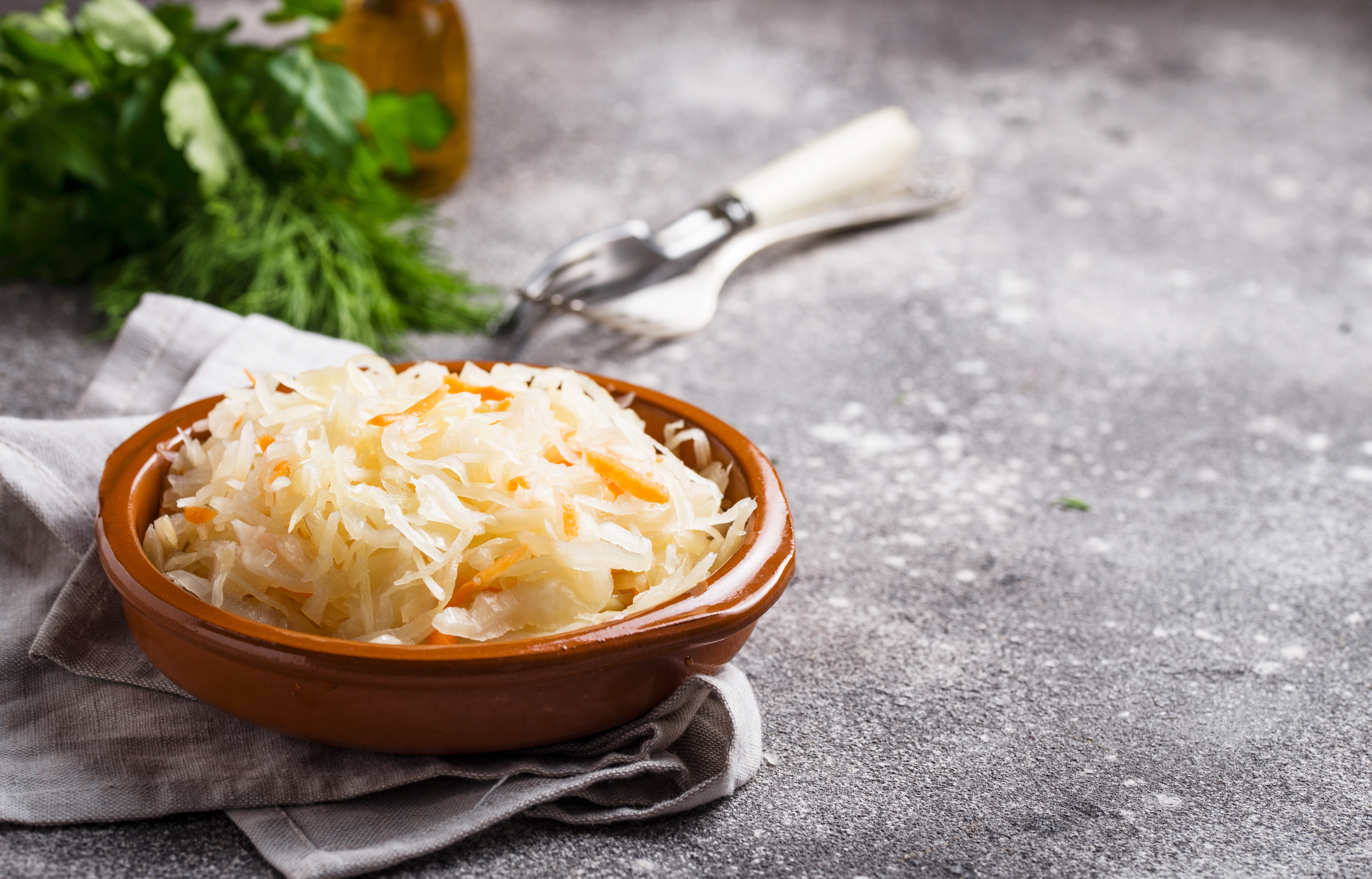
Similar to kombucha, **raw, unpasteurized sauerkraut** is a fermented food teeming with beneficial probiotics. A growing body of research highlights the crucial link between gut health and overall energy and cognitive function (the gut-brain axis). A dysbiotic gut can contribute to inflammation and nutrient malabsorption, exacerbating CFS symptoms. Consuming live, beneficial bacteria from sauerkraut can help restore gut flora balance, improve digestion, and potentially reduce systemic inflammation, indirectly boosting energy and clarity. Start with small portions to allow your system to adjust.
21. Turmeric: The Golden Anti-Inflammatory
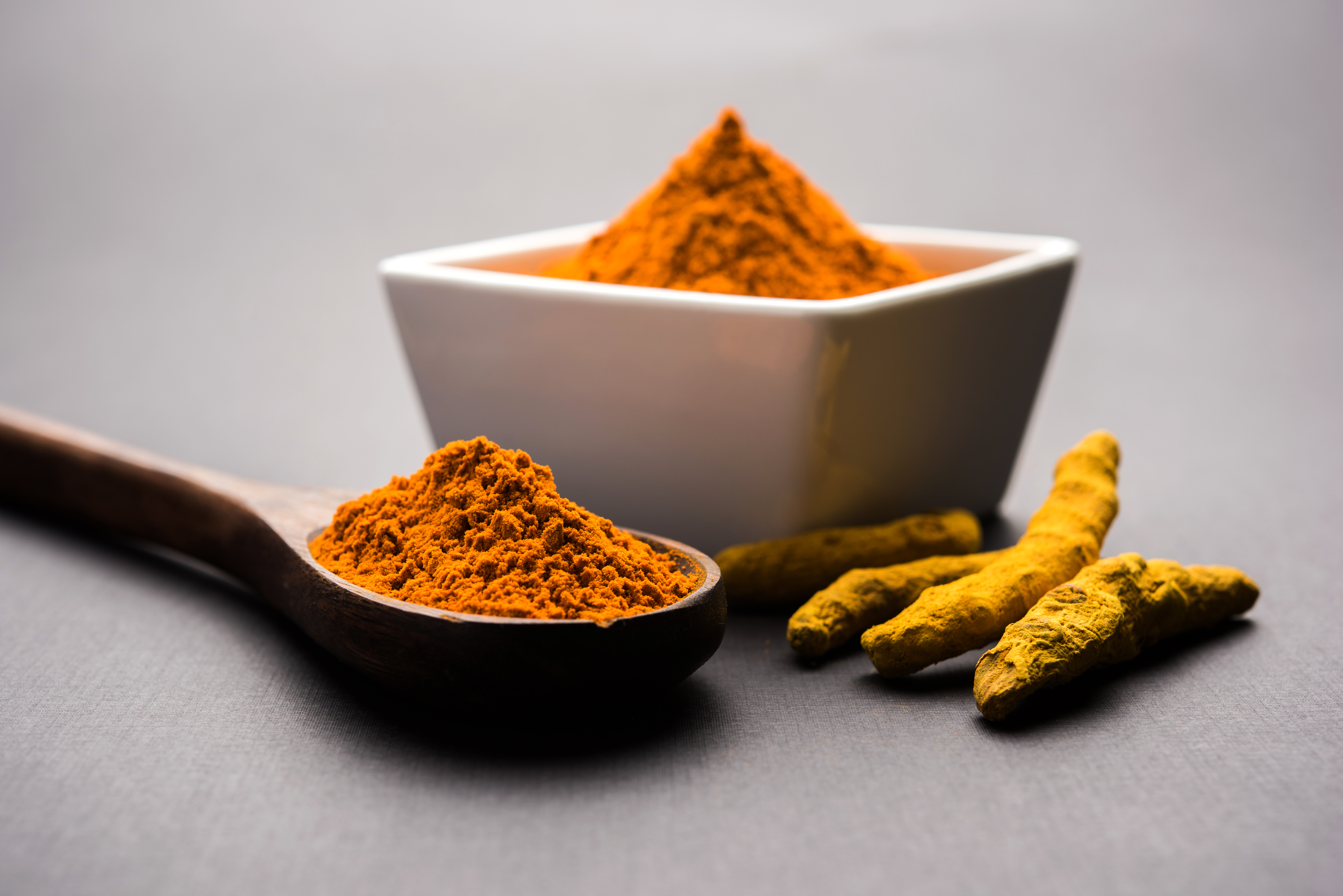
The vibrant spice **turmeric** is celebrated for its active compound, curcumin, a potent anti-inflammatory and antioxidant. Since chronic inflammation is suspected to play a significant role in CFS pathogenesis and symptoms like pain and fatigue, incorporating turmeric can be a powerful strategy. Curcumin has been shown to cross the blood-brain barrier and exert neuroprotective effects, potentially reducing brain fog and supporting cognitive function. Adding turmeric to curries, soups, or golden milk can offer a flavorful and therapeutic approach to managing CFS symptoms.
Reclaiming Your Vitality: A Culinary Journey

The journey to managing Chronic Fatigue Syndrome is undoubtedly complex, but the profound connection between what we eat and how we feel offers a tangible, empowering starting point. While no single food is a magic bullet, thoughtfully integrating these 21 nutritional powerhouses into your diet can provide the cellular building blocks, anti-inflammatory agents, and sustained energy required to gently push back against the pervasive exhaustion and cognitive fog. This isn't just about eating; it's about nourishing your body and brain with intentionality, paving a personalized path towards greater vitality and reclaiming your life from the shadows of chronic fatigue.